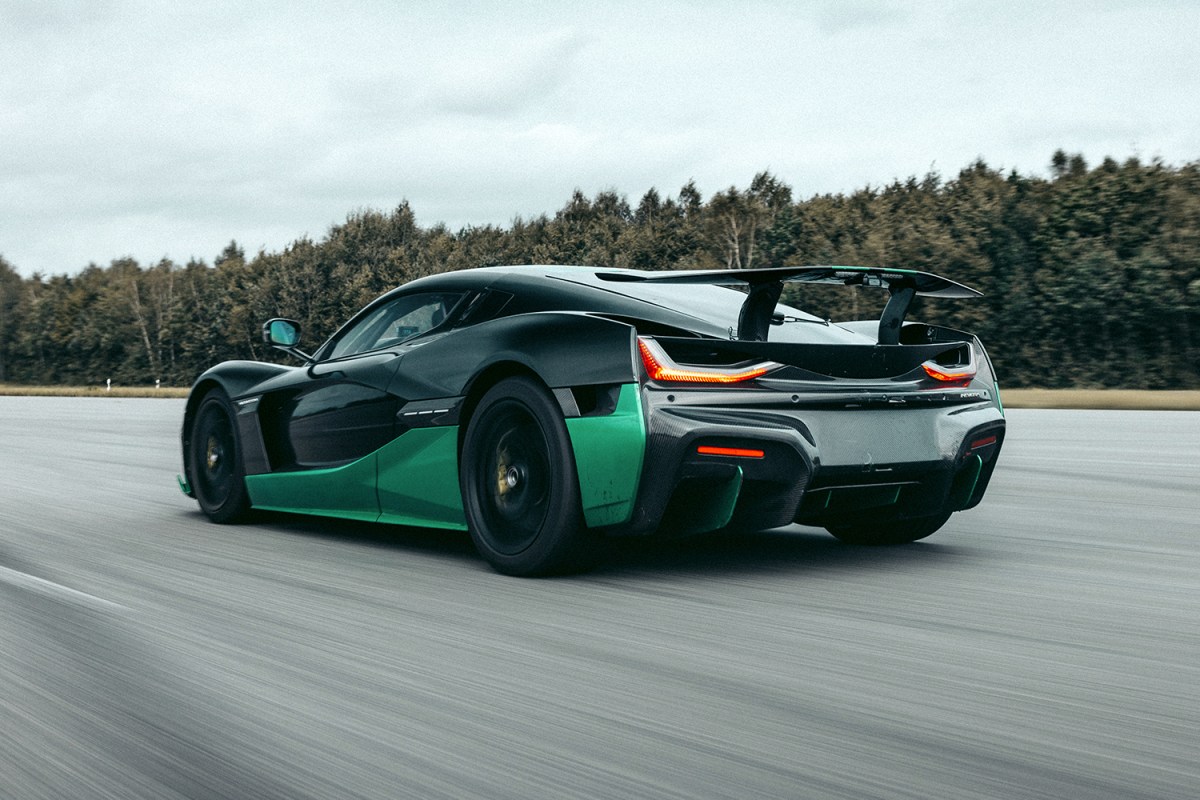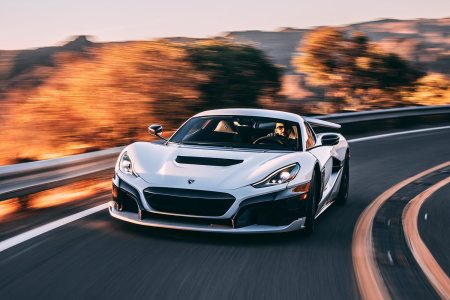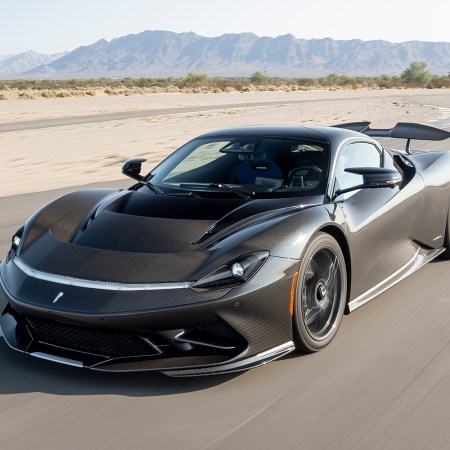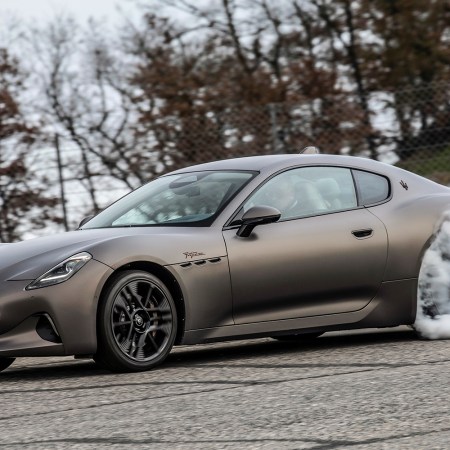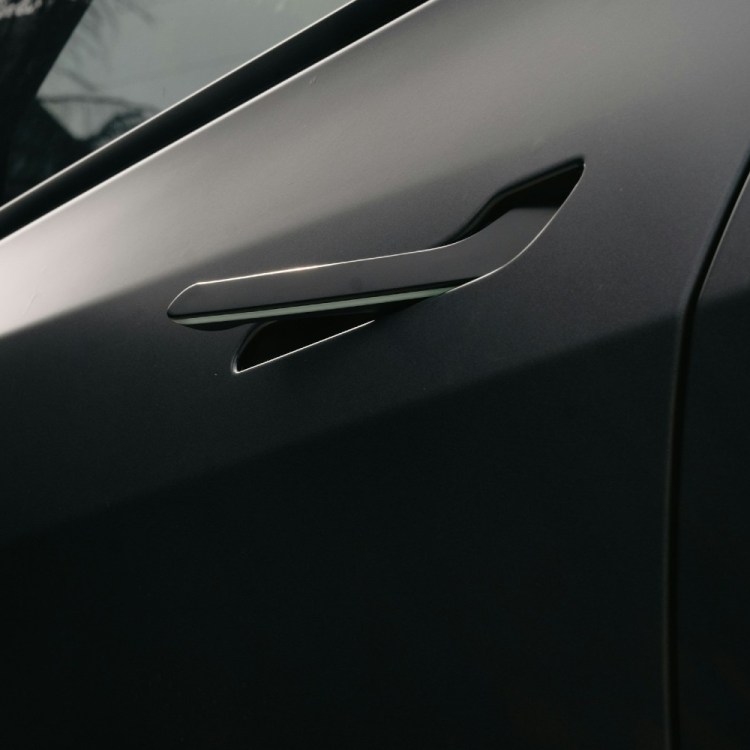The car sitting in your garage likely can’t hit a top speed of 171.34 mph driving forwards. But the Rimac Nevera, a Croatian-made electric car, can officially reach that eye-watering speed driving in reverse.
On Tuesday, Rimac Automobili announced it had achieved the Guinness World Record for fastest speed while driving backwards. The clocked top speed of 275.74 km/h (or 171.34 mph) was executed by driver Goran Drndak of Croatia who was piloting the Nevera at an automotive testing facility in Papenburg, Germany. According to Guinness, the previous record was set in 2001 by Darren Manning who drove a Caterham 7 Fireblade backwards to a top speed of 102.58 mph.
Almost 70 mph over the previous record? Yeah, that’ll do.
Croatia Is the New Italy: Driving the Record-Breaking Rimac Nevera
The $2.1 million EV is the world’s quickest production car, but it’s just the start for the emergent automaker backed by Porsche, Hyundai and Kia“You’re facing straight out backwards watching the scenery flash away from you faster and faster, feeling your neck pulled forwards in almost the same sensation you would normally get under heavy braking,” Drndak said in a statement. “Despite it being almost completely unnatural to way [sic] the car was engineered, Nevera breezed through yet another record.”
The other records the Nevera has broken, as the automaker noted in a press release, include the fastest lap for production EVs at the famous Nürburgring Nordschleife (a record that beat a Tesla Model S Plaid by 20 seconds). When we reviewed the hypercar, which costs about $2.1 million, it also held the title of quickest production car (even beating out gas-powered counterparts) with a 0 to 60 mph time of 1.85 seconds. But a month after publishing our review, Rimac verified an even faster 0 to 60 time of 1.74 seconds — one of 23 speed records set in one day.
To explain its latest feat, Rimac called attention to the specific engineering behind their EV: “Unlike an internal combustion engine car, or even some electric cars, the drivetrain of the Nevera has no gears — the four individual motors either go backwards or forwards but it’s always one relentless wall of acceleration right the way from standstill.”
The obvious question arises: does anyone on earth need a car like this in their driveway? Being the owner of a vehicle with that kind of power, especially one that our writer called “relatively easy to drive” (which is not always the case for hypercars), could easily end with that “relentless wall of acceleration” meeting a relentless wall of concrete.
The answer to that question is obviously “no,” but it’s also beside the point. What Rimac is attempting to prove here is not that you can back out of a parking space in a tenth of a second; instead, they’re attempting to show that their electric vehicles can outwit those from all the legendary supercar makers who’ve built their reputations on gas-powered engines. Additionally, parent company Rimac Group now has a controlling stake in Bugatti, so they will also eventually bring Rimac’s 21st century EV tech into that 114-year-old carmaker’s lineup.
Rimac is only set to build 150 production versions of the Nevera, so you probably won’t get a chance to try this at home. But don’t try this in your Toyota RAV4 either.
This article appeared in an InsideHook newsletter. Sign up for free to get more on travel, wellness, style, drinking, and culture.
